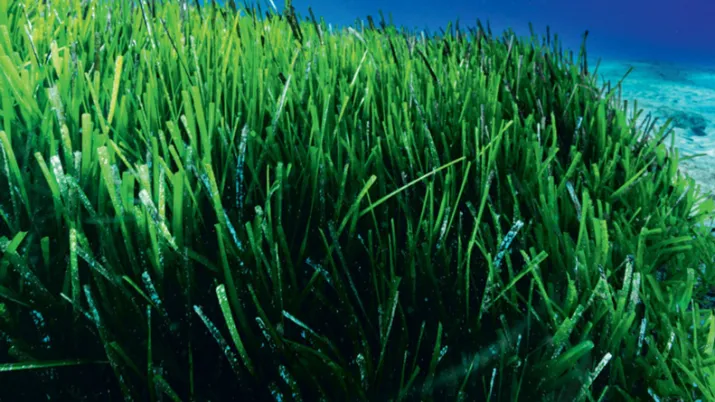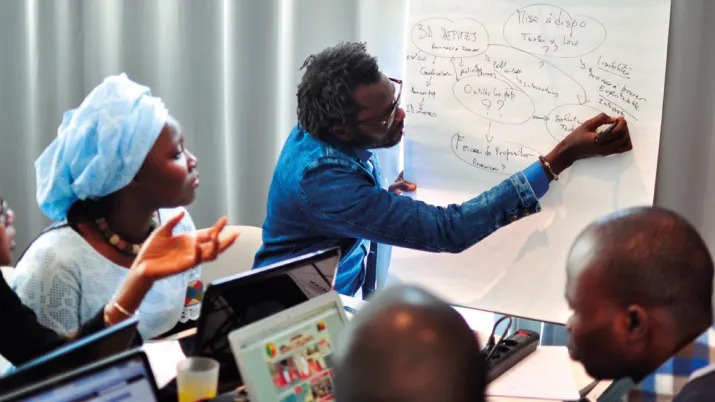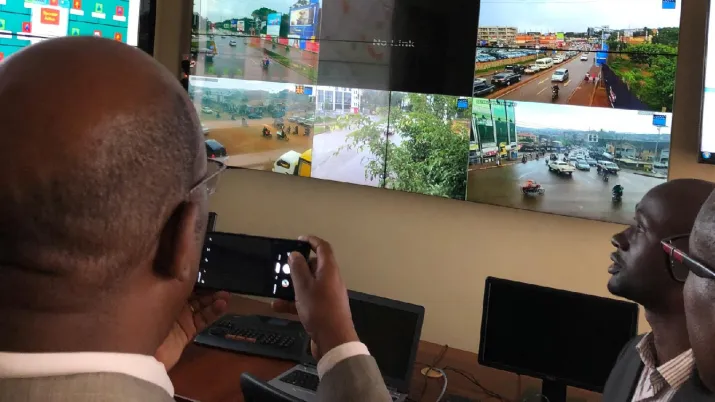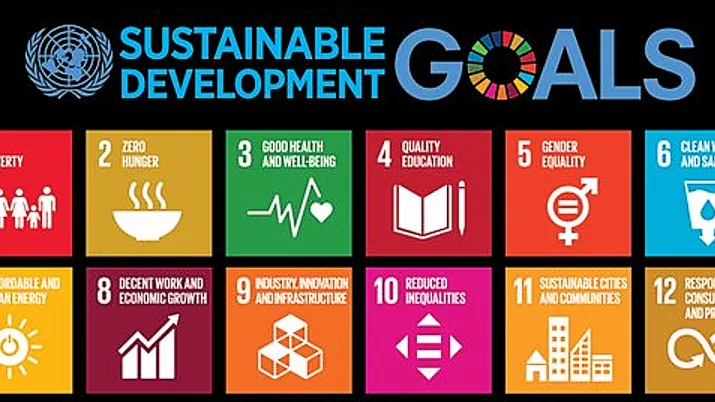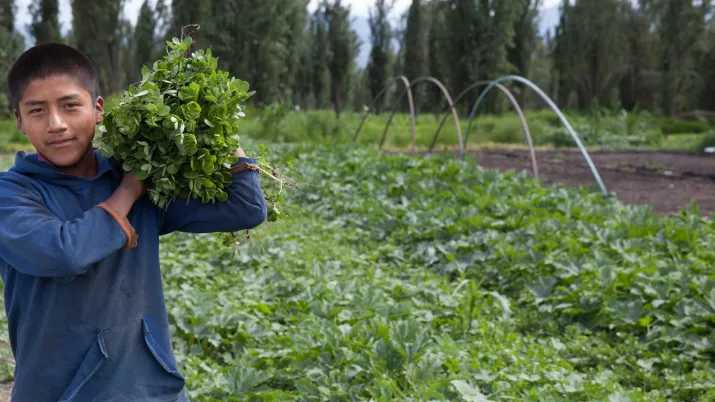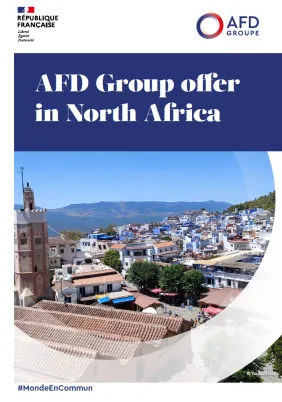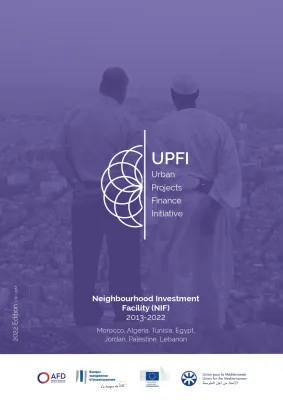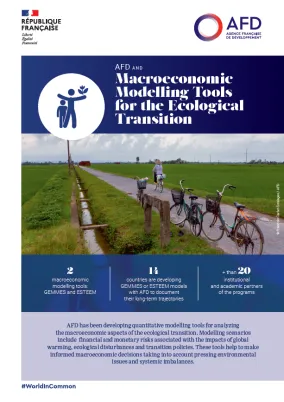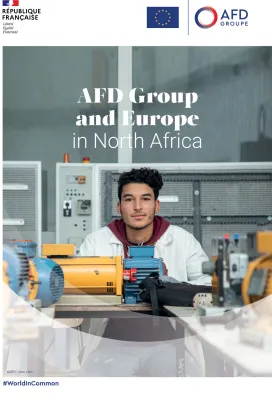Share the page
Tunisia

Tunisia, which is located between the Mediterranean and the Sahara, went through a major political shake-up in 2011. Its transition to democracy was underpinned three years later with the introduction of a new constitution. The priority now is to relaunch the Tunisian economy in order to promote shared and balanced growth. As a long-standing partner, AFD is helping Tunisia address these challenges.
Context
The smallest country in the Maghreb, Tunisia has a population of nearly 11 million. In January 2011, it was the first country in the region to undergo a major political upheaval with its "Jasmine Revolution", which consisted of a regime change and the adoption of a constitution three years later that underpins the country's current democratic transition.
Tunisia has a diverse and open economy: tourism, raw materials, agriculture and a well-developed industrial and tertiary sector. However, 7 years after the revolution, growth has slowed (0.8% in 2015): tourism, a key sector, has been hit hard by the threat of terrorism. In addition, the Tunisian economy is largely dependent on the European Union, its main commercial partner (70% of Tunisia's exports). There is also persistent social unrest. This is due to ongoing regional inequality and an unemployment rate that remains high, which is particularly affecting young graduates.
In order to face these new challenges, Tunisia has one priority: boosting its economic activity. This is the aim of the 2016-2020 Development Plan launched by the government, which wishes to attract foreign investors. Among future objectives: major structural reform, especially in terms of natural resource management, energy and territorial cohesion. This is not to mention the focus on human development and youth services (education and training).
AFD, is a major partner of Tunisia and has been working in the country since 1992. In line with the country's national policies, AFD supports its political, economic and social transition. This commitment was reiterated in 2016 with the announcement of an exceptional €1 billion worth of support over the course of 5 years.
AFD is using all of its tools (loans, grants, guarantees, funding) to help the Tunisian government and its public, private and non-profit sectors.
AFD's Tunisia office is directly attached to the North Africa regional office in Casablanca.
Our approach
AFD and Tunisia: Supporting employment and equitable development
Water as an increasingly scarce resource
Tunisia is experiencing ongoing water shortages. This is being made worse by the impact of climate change and an increasing demand for water, as well as deteriorating infrastructures and poor usage of water resources.
AFD's actions focus on soil protection and the sustainable use of water resources. Generally speaking, we work alongside actors in the sector to clean up, secure, strengthen and develop the water supply to the whole country. Our teams have supported the National Sanitation Office for over twenty years to help it expand and reinforce sanitation networks in populated areas. We also support a project dedicated to preserving groundwater resources in the Gabès oasis.
The Mediterranean under pressure
One-third of the world's commercial maritime traffic passes through the Mediterranean, in addition to the industrial waste and domestic waste it already receives. This undeniably makes it the most polluted sea in the world. In order to remedy this worrying situation, AFD is funding the "Depolluting the Mediterranean" programme.
The challenge for Tunisia lies in boosting the employment sector. The country needs to help its young people to join the job market. Vocational training is a critical aspect of this process.
AFD has been supporting this sector since the end of the 1990s. This steady support has led to the creation of 28 training centers. Our main projects include:
- the creation of a welding and metalworks center in Medenine (capacity of 420),
- the restructuring of the Mghira training center (Greater Tunis), designed to become a major hub for the aeronautical sector,
- the construction of the National Engineering School of Bizerte (ENIB).
In addition to funding educational establishments and equipment, we also support the reform of the national vocational training system. In order to do this, we encourage partnerships between Tunisian and French actors in terms of training and employment. The aim is to offer quality education, designed to meet the expectations of businesses and future employers and to facilitate the integration of young people into the world of work.
Decentralization has been a major political tool for bringing forward the current transition in Tunisia and reducing regional inequality and disparities, especially in the inland areas of the country.
AFD supports this process and is taking action throughout the country, in the cities as well as in rural areas. Our objective: promoting sustainable development throughout the country and improving access of the population to equipment and essential services.
Our activity in Tunisia:
- supporting national authorities in defining equitable urban policies,
- supporting local communities in boosting their investment capacities,
- developing the transport sector,
- contributing to the regeneration of 119 disadvantaged neighbourhoods by co-funding the Urban Policy Support Programme (PROVILLE),
- supporting water and sanitation operators, such as SONEDE, the National Water Distribution Utility, to supply rural areas with clean drinking water,
- supporting participatory development programs in rural areas.
Agriculture occupies over one-third of Tunisia's population. This sector is a large consumer of clean water, even though Tunisia is one of the poorest countries in terms of water resources. This is why soil protection and sustainable usage of water play a key role in our actions in rural areas.
To deal with this issue, AFD is working to:
- optimise drinking water management (wastewater and rainwater treatment),
- promote agricultural practices that make the most efficient use of water and other inputs,
- boost the market for agricultural produce.
Furthermore, the food crisis of 2008 led AFD to support Tunisia in rethinking its agricultural policy and to fund innovative pilot projects, such as agricultural advisory services and climate risk management. The aim: to bring about a new, more inclusive agricultural development model.
In the field
Below, find the country's projects, news, publications, and contact details in one click.
Projects
News & Press Releases
AFD uses Strong Sustainability to Support Partners’ Transitions to Greener Development
Published on December 20, 2022
Publications & Media
Key figures
-
90 projects funded in 25 years
-
1 million people now have access to clean drinking water
-
68 ongoing projects

